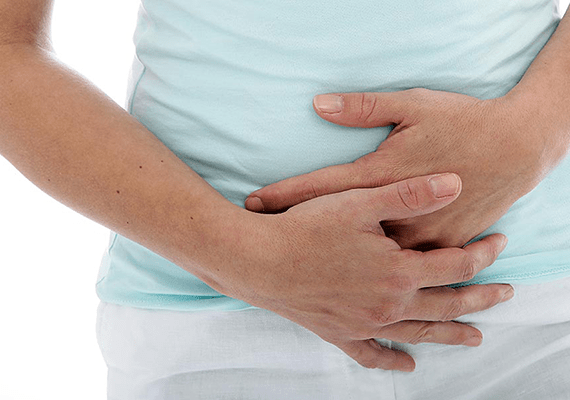What Is Liver Disease?
There are a wide variety of liver disease types that disrupt the normal function of the liver. A few examples include viral hepatitis, chronic liver failure, metabolic liver disease, alcoholic liver disease, vascular liver disease, autoimmune liver disease, and hepatocellular carcinoma (liver cancer). Regardless of the type of disease causing the damage, the liver is normally affected in a similar pattern. Early stages of liver disease cause inflammation in the organ which typically indicates that the body is attempting to fight a virus or heal itself. If the liver stays inflamed over time it can lead to more permanent damage that can cause scarring. Scarring of the liver is referred to as fibrosis, which occurs when the scar tissue replaces healthy tissue and reduces the odds that the liver can repair itself. The next stage of liver disease, cirrhosis, is when the scarring is so severe that the liver cannot repair the damage. Cirrhosis can later lead to liver failure or liver cancer.
What Causes Liver Disease?
Liver disease can be caused by a variety of factors such as conditions including hepatitis, bile flow obstruction, poor blood flow in and out of the liver, high cholesterol, as well as certain chemicals and minerals. Drug and alcohol abuse are also common causes of liver disease. This is because alcohol is toxic to the liver, and the extra work that it must perform to process it can lead to inflammation and cirrhosis.
What Are the Symptoms of Liver Disease?
While liver disease does not always cause noticeable symptoms, there are a few signs that can be evidence of a liver condition. These include abdominal pain, swelling, yellowish skin and eyes (jaundice), swelling in legs and ankles, dark urine, itchy skine, pale stool, chronic fatigue, loss of appetite, a tendency to bruise easily, nausea, and vomiting.
How Is Liver Disease Treated?
How liver disease is treated by medical professionals largely depends on the condition causing the damage. While some forms of liver disease can be managed through medication and dietary changes, some of the more severe forms of liver disease may be best addressed through surgery that removes the diseased tissue. The liver is able to repair itself and the body does not require a full liver to function correctly. This means that many people are able to lead full, normal lives following surgery.







